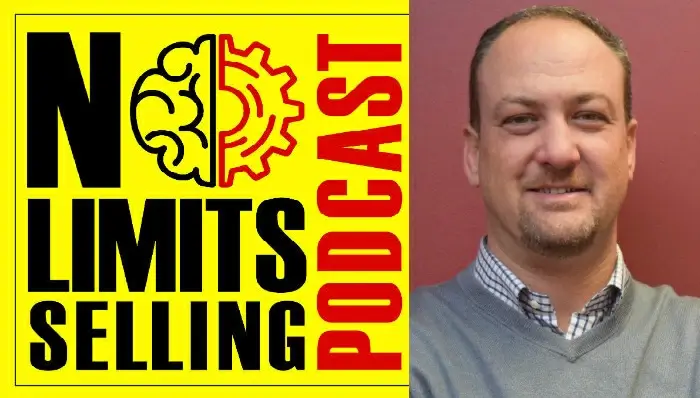Future of Sales and Impact of Technology by Billy Cole
As a 4th generation roofing contractor, Bill has spent his life around roofing. Today I spend my time helping people see that a roof can be more than just an umbrella for their building. Commercial roofing solutions including green roofing, solar roofing, and other renewable energy technologies are available to our customers maximizing the investment they make in their roof.
Podcast Highlights:
- Your trust in your employees leads to confidence
- Respect your employee's knowledge that wins them over
- Your employees can only bring you a problem if they have 3 solutions how to fix it
- There is no substitute for hard work

Contact Bill:
Summary
Introduction and Background
The document begins with an introduction of Billy Cole, the guest speaker for the conversation. Billy was born in a small town in West Virginia. His father was a coal miner and his mother was a school teacher. This background shaped his perspective and approach to life and his career.
Career Journey
Billy Cole shares his career journey, starting from his humble beginnings as a salesperson. Over time, he climbed the corporate ladder to become a sales manager. His career spanned various industries, including a significant stint in the pharmaceutical industry.
Challenges in Sales
Billy discusses the challenges inherent in the sales field. He acknowledges that sales can be a demanding and difficult profession. However, he emphasizes the importance of maintaining a positive mindset and persistence in overcoming these challenges.
Lessons Learned in Sales
Billy shares his experiences and the lessons he has learned throughout his career in sales. He underscores the importance of building relationships with customers and understanding their needs. According to Billy, these are key factors in achieving success in sales.
Future of Sales and Impact of Technology
Towards the end of the conversation, Billy provides his insights on the future of sales. He believes that technology is significantly changing the industry. However, the document does not provide specific details on how he believes technology is influencing sales.
Questions & Answers
Who is Billy Cole?
What is Billy Cole's background?
What is Billy Cole's career journey?
What are the challenges in sales according to Billy Cole?
What are the key lessons Billy Cole learned in sales?
What does Billy Cole say about the future of sales and the impact of technology?
What is the main focus of the No Limits Selling document featuring Billy Cole?
Don’t miss this opportunity to transform your real estate career with one-on-one coaching. As an experienced real estate coach, I, Umar Hameed, am dedicated to helping you unlock your full potential and achieve your real estate goals. To learn more about who am I and my clients ↓
If you’re ready to take the next step, book an appointment with me today and begin your journey toward success in the real estate industry.
